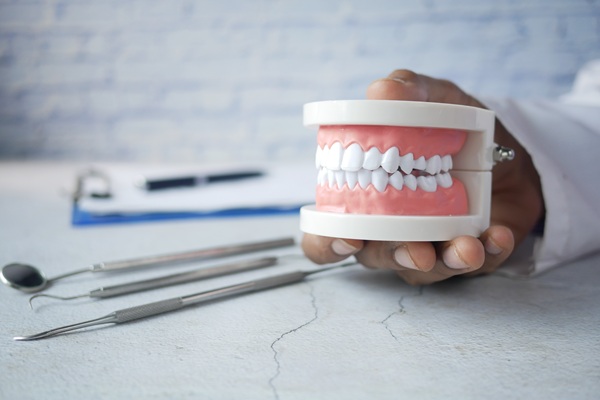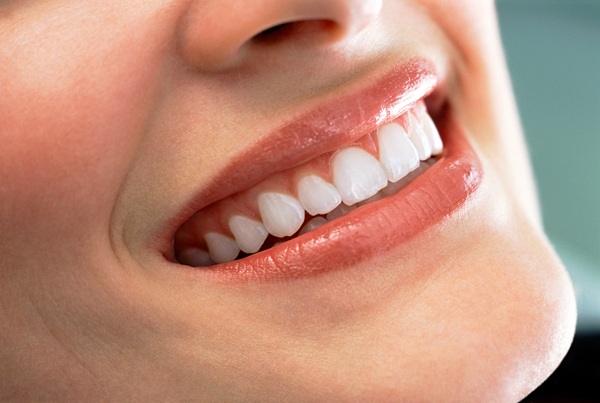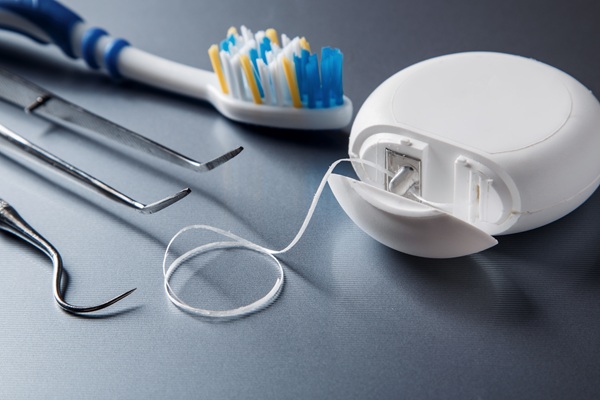You may not always feel it, but the way your upper and lower teeth fit together can have a big impact on your oral health.
How your teeth fit together is called teeth occlusion. When they don’t align properly, you may experience a range of uncomfortable or even painful symptoms without knowing what’s causing them.
At Bellevue Hill Dental, we often see patients come in with headaches, sore jaws, or sensitive teeth—only to find that occlusal teeth issues are at the root of the problem. So how do you know if you have an occlusion issue?
We’ve put together this guide to help you understand the 7 signs and symptoms of teeth occlusion. By the end of this article, you’ll be better informed and more confident in spotting the signs that it may be time to get your bite checked.
Understanding Teeth Occlusion
Before diving into its symptoms, it’s important to first understand what teeth occlusion is.
Teeth occlusion generally refers to how your top and bottom teeth come together when you close your mouth or chew. Ideally, your teeth should line up evenly to distribute pressure evenly across your mouth. But if your bite is off—even slightly—it can cause stress in your jaw, wear down your teeth, and create a domino effect of problems in your daily life.
Teeth occlusions come in various forms, which is why they are classified as follows:
- Class I: Normal bite with slight misalignment.
- Class II: The upper teeth significantly overlap the lower teeth (overbite).
- Class III: The lower teeth overlap the upper teeth (underbite).
While seemingly unserious at first, any of these types can lead to problems if left untreated.
Why Occlusal Teeth Problems Are Often Overlooked
Because symptoms build gradually, many people don’t realise their teeth or bites are out of balance. You might blame your jaw pain on stress, your headaches on lack of sleep, or your tooth sensitivity on brushing too hard.
The truth is, occlusal teeth issues can creep up quietly—but being aware of the signs can help you take early action.
What You Should Watch Out For
1. Frequent Headaches or Migraines
Are you waking up with headaches or tension in your temples?
One of the most common symptoms of a bad bite is recurring headaches. When your jaw muscles overwork to try and realign your bite, they can cause muscle tension that radiates to your head and neck.
This pain often mimics the symptoms of a regular headache or migraine, which is why many people don’t connect it to their teeth.
2. Jaw Pain or Clicking Sounds
Do you hear a clicking or popping sound when you open your mouth?
Another classic symptom of teeth occlusion issues is jaw discomfort. Misalignment can lead to pain or strain in the temporomandibular joint (TMJ), which connects your jaw to your skull. You might feel:
- Stiffness
- Clicking or grinding when opening your mouth
- Soreness near the ear or along the jawline
This can affect your ability to eat, speak, or even yawn comfortably.
3. Tooth Sensitivity or Pain
Are certain teeth more sensitive than others when you bite or chew?
When your bite is uneven, some teeth take on more pressure than others. Over time, this leads to worn enamel, cracks, or even inflammation in the pulp of your tooth. You may notice pain when:
- Eating hot or cold foods
- Chewing tough foods
- Brushing near the gum line
These may be signs of misalignment.
4. Worn or Flattened Teeth
Do your teeth look shorter or flatter than they used to?
Excessive grinding or clenching—especially at night—can flatten or wear down the edges of your teeth. Dentists call this bruxism, and it’s often linked to occlusal teeth issues. You may not even be aware you’re doing it, but your teeth will show the signs:
- Chipped or cracked enamel
- Shortened teeth
- Tooth edges that feel rough to the tongue
5. Loose Teeth or Gum Recession
Have your teeth shifted or your gums pulled away from the tooth surface?
A misaligned bite can cause abnormal pressure on the teeth and supporting structures, which can contribute to gum recession or even tooth mobility. When teeth are pushed or pulled out of alignment, it affects your bite stability and can lead to:
- Gaps between teeth
- Gum irritation
- The feeling that a tooth is “wobbling”
6. Difficulty Biting or Chewing
Do you avoid certain foods because they’re hard to chew?
If your bite isn’t lining up properly, chewing can become uncomfortable or even painful. You might find that your teeth don’t “meet” the way they should, or that you tend to favour one side when eating. Over time, this can cause uneven wear and increase your risk of developing cavities or gum disease on that side.
7. Facial Muscle Fatigue or Earaches
Does your face feel tired or sore after talking or eating?
When your muscles work overtime to compensate for poor alignment, they become fatigued. This can lead to soreness in the cheeks, temples, or even around the ears. Some patients report a dull ache that feels like an ear infection, but it’s actually a referred pain caused by jaw tension.
Why It’s Important to Get Your Occlusion Checked
Even mild symptoms can become more serious if left untreated. At Bellevue Hill Dental, we carefully assess your teeth occlusion classification and create a personalised treatment plan. This may include:
- Bite adjustments
- Orthodontic solutions
- Night Guards for grinding or clenching
- Restorative procedures like crowns or reshaping
Dentists on long-term comfort and function—because when your bite is right, everything else falls into place and gives you the daily ease you deserve.
So, should you ignore the signs? Simply put, no.
Your bite does more than help you chew—it plays a big role in your overall dental health and comfort. If you’ve been dealing with unexplained headaches, tooth sensitivity, or jaw discomfort, don’t brush it off. It could be a sign of teeth occlusion problems that need attention.
Ready to Take the Next Step?
If you recognise any of the symptoms mentioned above, it may be time to have your bite assessed by a professional. At Bellevue Hill Dental, we have several options for teeth occlusion treatment such as dental braces, surgery and other restorative procedures.
We’re here to help you regain comfort, confidence, and balance in your smile.Book a consultation today and let our experienced dental team guide you through the next steps in caring for your bite and overall oral health.



